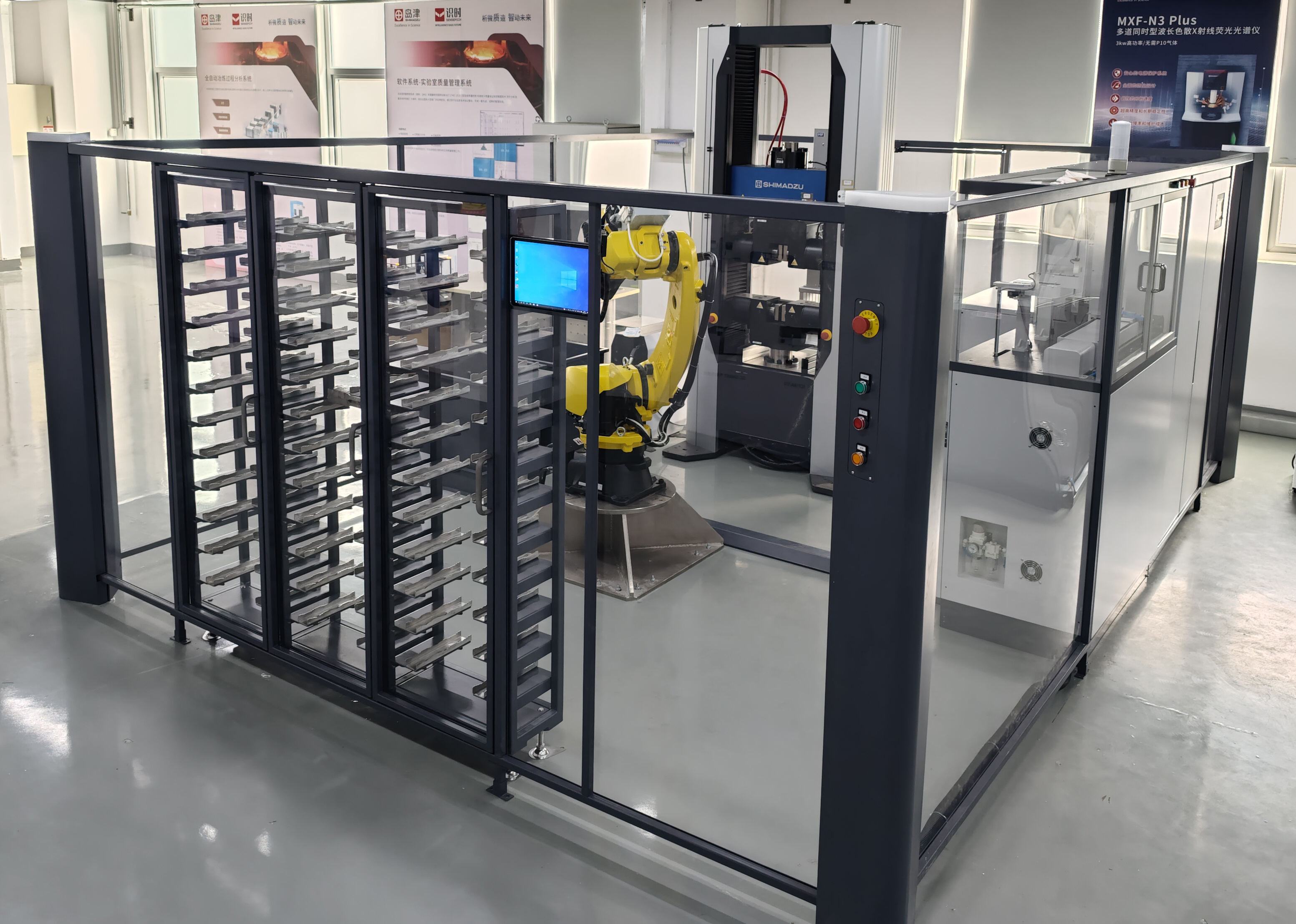tensile strength analysis
Tensile strength analysis is a fundamental mechanical testing method that evaluates a material's behavior under longitudinal stress until failure. This critical testing procedure measures the maximum load a material can withstand while being stretched before breaking. The analysis employs sophisticated testing equipment, including extensometers and load cells, to record precise measurements of force, elongation, and deformation. During the test, a specimen is gradually pulled apart while monitoring stress-strain relationships, yield strength, ultimate tensile strength, and breaking point. The technology provides essential data for material selection, quality control, and product development across various industries. Modern tensile testing systems incorporate advanced digital controls and data acquisition capabilities, enabling real-time monitoring and detailed analysis of material properties. The results help engineers and manufacturers determine material suitability for specific applications, ensure compliance with industry standards, and optimize product design. This analysis is particularly valuable in sectors such as aerospace, automotive, construction, and materials science, where understanding material behavior under stress is crucial for safety and performance.


